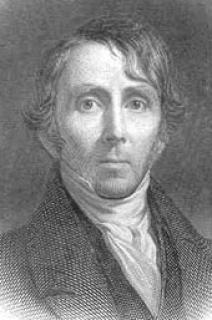Learning as a UU Virtue

William Ellery Channing
...self-culture is possible, not only because we can enter into and search ourselves. We have a still nobler power, that of acting on, determining and forming ourselves. This is a fearful as well as glorious endowment, for it is the ground of human responsibility. We have the power not only of tracing our powers, but of guiding and impelling them, not only of watching our passions, but of controlling them, not only of seeing our faculties grow, but of applying to them means and influences to aid their growth. -from "Self Culture" by William Ellery Channing
"Faith Formation" is a topic that has been getting a lot of attention lately. Most of the UUA field staff have attended a Faith Formation 2020 training to enable us to adapt to changing culture and new technology. Implicit in the idea of faith formation is that part of being faithful is to be a life-long learner. We are works in progress and can always improve ourselves.
This striving for perfection is part of our DNA that we inherited from the Puritans, and shows up in the writings of William Ellery Channing. I would even say that there is a moral imperative to improve our minds while living into our ideals. A recent editorial by David Brooks in the New York Times--"The Learning Virtures"-- contrasts differences between how the Chinese and Westerners approach learning. He summarizes:
The simplest way to summarize her findings is that Westerners tend to define learning cognitively while Asians tend to define it morally. Westerners tend to see learning as something people do in order to understand and master the external world. Asians tend to see learning as an arduous process they undertake in order to cultivate virtues inside the self.
When I read this, I thought of Channing, and his essay "Self Culture." When I read it, I hear a moral imperative for self improvement. It was written as introduction to the Franklin Lectures in Boston, which was created as an opportunity for young men (because only men were thought worth educating at the time) to improve themselves. I would like to think that, as leaders, we commit to lifelong learning so that we continue to improve ourselves as we serve the faith.